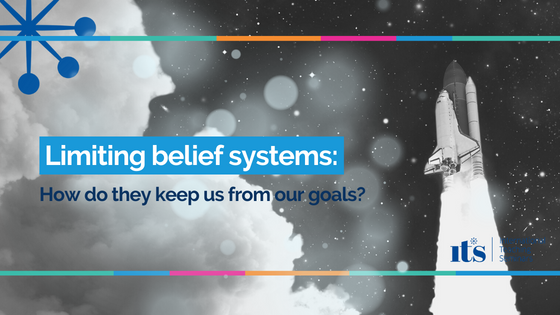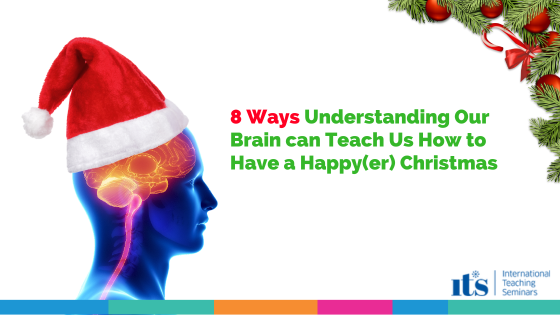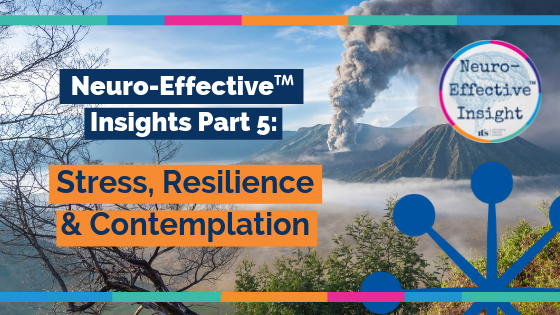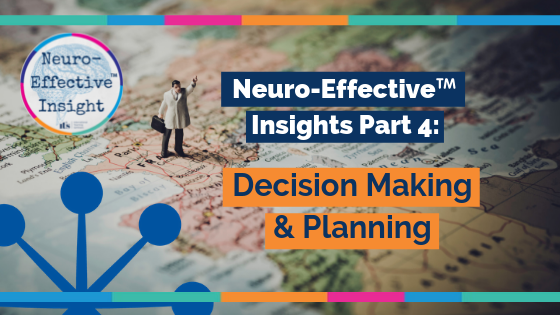Sometimes, it’s hard to know if the limitations that we face come from the world around us or if they’re self imposed. In a world that is seemingly filled with glass ceilings, how much of the limits that we face actually come from our own limiting belief systems?
Each of us have our own unique set of beliefs. And, our beliefs and values drive our behaviour. It’s likely that we all hold a few limiting beliefs close to our chests. Even if we don’t recognise it.
But when we believe certain things about who we are and what we’re capable of, we act accordingly. However, the question is, why do you believe those things?
Why haven’t you applied for that job, that you think you are perfect for? Why do you believe that you’re going to be bad at the new hobby you’re interested in before you’ve even tried it? What is stopping you?
Limiting belief systems is the answer to those questions.
Somewhere, however deep rooted inside, you will hold beliefs that are hindering you…
In this blog, we’re going to take a look at limiting belief systems and how they stop us from achieving our goals.
First, we’re going to get clarity on what limiting belief systems are and then we will share five ways you can begin to build a belief system that propels you forward instead of holding you back.
Limiting belief systems: What are they?
A limiting belief does what it says on the tin. It is a belief that limits what is possible for you.
A limiting belief is a thought or state of mind that you believe to be the truth that restricts you in some way.
It is important to mention that belief systems, particularly limiting beliefs are not fact. A belief is something that we maintain to be true.
Beliefs are a construct of our personal experience of the world and how it works. They are often based on our lived experiences or passed down to us generationally. From our family, society or culture.
All of these things mould us.
So, while they might not be fact, they are our best guess so far.
By taking the time to take stock and expand and enrich our perspective of the world, it becomes easier to gain clarity on our identities and begin to transform limiting beliefs.
For a moment, try to think of beliefs, values and identity as a triangle that are influenced by each other and so, they impact our behaviour. The three points of the triangle build an intersection to influence your behaviour.
If you let limiting beliefs run your life that will also run your behaviour and your identity. Never mind triangles… That type of thinking will put you in a box, limiting what you can do, who you could be and how you want to portray yourself. Ultimately, it interferes with your ability to heal, change and improve.
How do limiting belief systems stop us from achieving?
If our beliefs are directly connected to our behaviour and identity, it’s clear how they play a big part in how we approach our goals.
They are important because they can split your life choices into what you think is possible for you and what is not. What you try and what you don’t try. Who you become and who you don’t become…
When you’re aiming for and paving the way towards your goals, there is a great difference in the outcome if you believe you can achieve it and if you think it’s possible for you, compared to if you think that it is impossible.
Imagine how much of a shame it would be if you never believed in yourself.
5 ways to build a belief system that benefits you
Once you have taken the time to take stock of and examine your beliefs, you’ll be able to figure out where that belief has come from and whether it is a belief that is aiding you or restricting you.
That’s the first step into building a belief system that benefits you. But, once you know where they come from and how they’re impacting you, what comes next? How do you go about replacing your old beliefs with ones that empower and enable you?
5 ways to build a belief system that benefits you…
#1 Find the positive intention
Limiting beliefs are often developed in order to fulfil a positive purpose at the time of conception. If you grew up in a household that lacked emotional intelligence, you may have built the belief that keeping quiet about your feelings and running away from vulnerability would protect you and give you back some sort of control or a sense of personal power.
By acknowledging the deeper intentions behind your beliefs, you can begin to update your mental map to include other more effective ways of fulfilling that intention. And, when you’ve done that, belief systems can often be changed.
If we continue on from the example given above, the positive intention behind the belief was to maintain a sense of self preservation and autonomy. Now that you’re aware of the intention, you can start to think of healthier belief systems that allow you to move with that intention.
You could establish healthy boundaries with those in your life or you could work towards finding more unconventional ways to be vulnerable that work for you. When you implement those changes and they bring in positive results, your belief system will change too.
#2 Question yourself
This is the perfect time to get curious about your behaviour. By doing so, you will expand your self awareness because you’re figuring out why you engage in the behaviours that you do, and how you feel about them.
Consider which of your behaviours are determined by your beliefs and which of those are limiting you. Do all of your behaviours serve you? What feeling and result does each behaviour produce? Once you’ve answered those questions, circle back to #1 to find the intention.
#3 Look for evidence
While we may believe that something is true, that doesn’t mean that it is. Sometimes, we know what is best for us and we still won’t act in accordance with that knowingness.
Old habits die hard – If you’ve believed something long enough, just knowing it doesn’t serve you isn’t enough to bring in change. In some cases, something more tangible than thought is needed. Take each limiting belief and search for evidence.
What makes that limiting belief true? Have you had an experience which proves that? Do you have any experiences that contradict your beliefs?
It is possible that you may have evidence that both supports and disproves your beliefs. Two things can be true at once. The question to ask yourself now is, which belief is more beneficial to have?
Remember, you’re in control!
#4 Update your thinking
Let’s continue with the example given further up in the blog about a teacher who put you down when you were at school. Let’s say that this was your maths teacher.
From a young age, you have formed the limiting belief that you’re not very smart. Or worse, that you have no intellectual capability at all. Therefore, you never attempt to learn new things as an adult because you think you don’t have the ability to.
This belief system makes your world very small and your experiences extremely limited. But, what if maths just wasn’t your thing?
You could be the most amazing writer, philosopher or sports person. But you’re holding the belief that you don’t have any ability to learn at all because you found it hard to understand something once in your adolescence.
Take the time to update your thinking. If your belief systems are solely rooted in the past, they won’t be able to aid you in the present.
#5 Are they yours?
Our beliefs, both empowering and limiting, are often built in relation to feedback and reinforcement from those that are significant in our lives.
Our sense of identity, for instance, is usually defined in relation to significant others who serve as reference points for the larger systems that we perceive ourselves to be a part of. Because our identity forms much of the larger framework that surrounds our beliefs and values, establishing or shifting significant relationships can exert a strong influence on our beliefs.
If you grew up in a household where your parents told you that wearing makeup wasn’t very becoming or that you always look better with no makeup on, you could go through much of your life not wearing it because significant others in your life told you that you shouldn’t.
But, what happens if you love to wear makeup? You have three choices.
- Don’t wear makeup at all despite wanting to
- Wear the makeup without changing your belief system and feel some sort of shame or discomfort every time that you do
- Through introspection, realise that this belief system isn’t yours. It was projected onto you and you can begin to build a belief system around wearing makeup that allows you to feel empowered and confident every time you do.
When trying to build a belief system that benefits you, it’s important to ask yourself. ‘’Is this belief mine? Or, is it someone else’s?’’ Once you have the answer, you know what to do!
Is it time to update your belief systems?
When it comes to limitations, we face enough in our daily lives that have nothing to do with us. We owe it to ourselves to make sure that our belief systems aid and empower instead of limiting us. Things are tricky enough without us standing in our own way.
Rewriting your belief system is a journey. It takes commitment, vulnerability, dedication and introspection.
Our beliefs are usually so deeply rooted that they take a little bit of time to unpick. That is more than okay. What matters most is that you’re doing the work to move those limiting beliefs out of the way while making room for a new and improved belief system.
Want to try and lift some limiting beliefs with us?
On the 17th of February 2023, we’re running ‘The Power Of Beliefs: Shaping Your Beliefs For Better Or For Worse’. This workshop will follow on from the learning that you have done today to continue building a belief system that benefits you.
Next, we have two programmes that would suit you depending on where you are on your NLP journey.
The ITS NLP Practitioner Programme – This is perfect for those who want to learn more about beliefs, values and NLP. Even if you don’t want to be a practitioner or a coach, the value in the programme can help you change the trajectory of your life.
The ITS NLP Master Practitioner Programme – This course is specially designed for those who have already completed their NLP practitioner course and are ready to take the next steps. Perfect for recent graduates or practitioners who want to refresh their NLP teachings.
Is there any better way to welcome in the new year than to shake up our limiting belief systems? I’m not sure that there is.





Leave A Comment